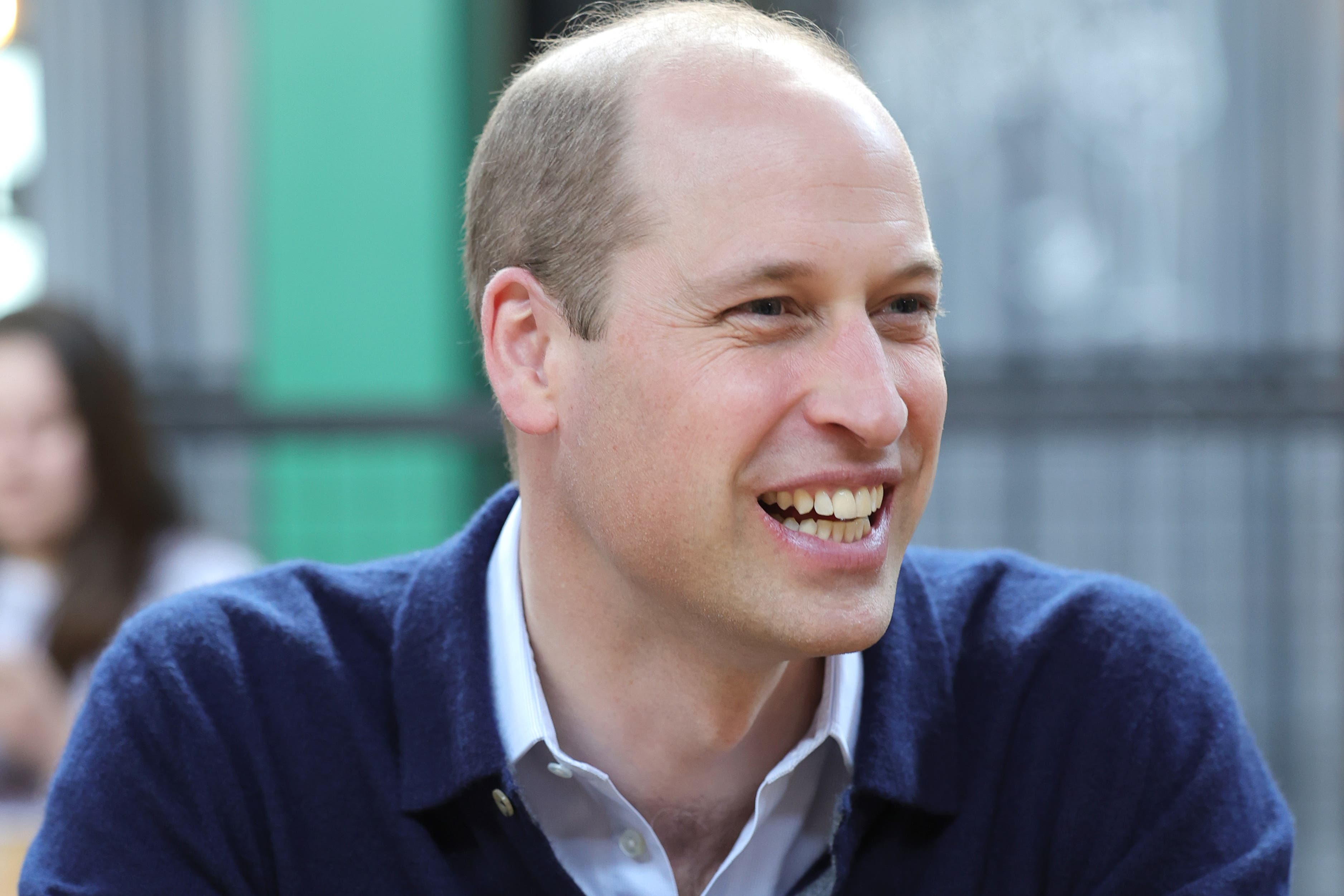William’s Duchy of Cornwall ‘should be treated as private land’
The duchy should not get any ‘special treatment’ when it comes to planning law, Parliament heard.

Your support helps us to tell the story
From reproductive rights to climate change to Big Tech, The Independent is on the ground when the story is developing. Whether it's investigating the financials of Elon Musk's pro-Trump PAC or producing our latest documentary, 'The A Word', which shines a light on the American women fighting for reproductive rights, we know how important it is to parse out the facts from the messaging.
At such a critical moment in US history, we need reporters on the ground. Your donation allows us to keep sending journalists to speak to both sides of the story.
The Independent is trusted by Americans across the entire political spectrum. And unlike many other quality news outlets, we choose not to lock Americans out of our reporting and analysis with paywalls. We believe quality journalism should be available to everyone, paid for by those who can afford it.
Your support makes all the difference.The Duchy of Cornwall should be treated as a private sector entity in planning law, Parliament has heard.
Labour peer Lord Berkeley urged the Government to remove land in the Duchy of Cornwall which William took on when his father became King from the definition of Crown land in planning law, arguing that, as a private estate, it should not get “special treatment”.
He added that residents in the estate should have the right to buy their properties, something they are currently not allowed to do.
Why should the duchy get special treatment in terms of planning applications and everything when other similar organisations don’t?
The hereditary peer told the House of Lords: “Things move on and we have a new Duke of Cornwall and we welcome him.
“But if one looks at the website of the Duchy of Cornwall and much of their publicity, they emphasise that they are in the private sector – and my argument is that if you’re in the private sector, you have to behave as any other company, estate or whatever that exists in the private sector…
“Why should the duchy get special treatment in terms of planning applications and everything when other similar organisations don’t?”
His comments came as peers continued their line-by-line scrutiny of the Levelling Up and Regeneration Bill, a far-reaching piece of legislation aiming to reduce geographical disparities.
The duchy is an area of land in Cornwall – as well as property in 22 other countries – that has been given to the eldest son of the monarch since it was established in a royal charter by King Edward III in 1337, aiming to give independence to the heir apparent.
William has run the 128,000-acre estate – estimated to be worth more than £1 billion – since the death of the Queen last year when his father also gave him the title Prince of Wales.
One issue facing residents is they cannot buy their leasehold or freehold property outright because the duchy was given special exceptions in legislation.
Lord Berkeley, who lives in the Isles of Scilly off the coast of Cornwall, said: “I have a lot of friends there who actually want to buy their leaseholds off the duchy – and they want to buy their freehold.
“It affects many people on the islands and probably on the mainland as well.”
Lord Berkeley, who argued there is “no evidence the duchy should own the Isles of Scilly at all”, added: “It does seem wrong that these people are not able to buy their freeholds as they’ve been asking to for about 20 years.”
Tory frontbencher Earl Howe responded that the Government had no intention of changing the legal status of the Duchy of Cornwall because if a future monarch has no son, the duchy reverts to the Crown.
The deputy leader of the House of Lords said: “There is always the possibility of the duchy reverting to the sovereign as his or her property and, for this reason, the duchy never entirely ceases to be Crown lands.
“For example, in recent times, King George VI had no son and so, on his accession, there was no Duke of Cornwall and the duchy remained with King George VI.
“By removing the Duchy of Cornwall from the definition of Crown land, within Section 293 of the Town and Country Planning Act, it risks disrupting this well-established constitutional arrangement.
“This could open widespread implications beyond not just planning, but how the duchy is treated in law more widely.”
He added: “I have to say, I’m not sure it’s appropriate to open this debate up as part of this Bill…
“It wouldn’t be right for a single individual or single party to seek to change the law in the way the Duchy of Cornwall is treated. If that is done at all, it has to be done with cross-party support.”
“In addition, a Bill affecting the duchy requires the King’s consent and sometimes also the Prince’s consent.”
King’s Consent is a convention by which the monarch, or Prince of Wales, are allowed to vet the contents of Bills that affect their interests, such as their estates, and approve them before they are put before Parliament.